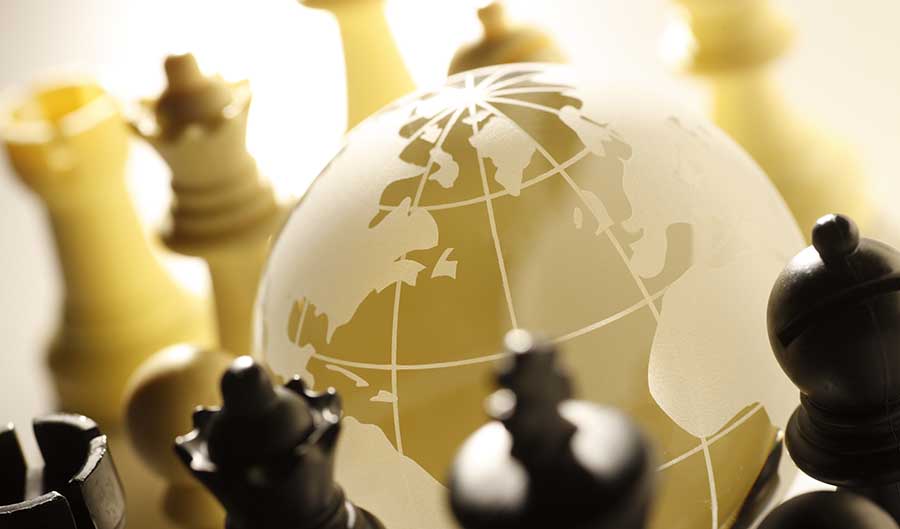
Yan Xuetong, Distinguished Professor, Tsinghua University
May 08, 2024
When discussing the global order and China's foreign policy, we must examine how China adapts its foreign policy to changes in the global order. There is a debate on whether we are returning to a Cold War-like situation. Many believe we are, drawing parallels between the current U.S.-China competition and the former U.S.-Soviet rivalry, which shaped the international power structure.

Hu Dawei, Research Fellow, China Institute of International Studies
Jun 08, 2023
Hiroshima highlighted the decline of Western influence in global economic governance. The group’s inherent inadequacy arises from the desperate effort by a small group of member nations to maintain their dominant position in the world.
He Weiwen, Senior Fellow, Center for China and Globalization, CCG
Dec 14, 2022
After the Xi-Biden meeting in Bali, attention should turn in earnest to a global vision in which the two countries share a common obligation — supporting globalization and multilateralism — not only to manage differences but also to avoid economic fragmentation.
Zhang Tuosheng, Principal Researcher at Grandview Institution, and Academic Committee Member of Center for International Security and Strategy at Tsinghua University
Oct 31, 2022
Positive trade mechanisms have emerged. China remains committed to developing its relationship with the U.S. The recent tension over Taiwan was controlled. Such things and others are a basis for optimism, not despair.
Brian Wong, Assistant Professor in Philosophy and Fellow at Centre on Contemporary China and the World, HKU and Rhodes Scholar
Aug 02, 2022
China’s economy has weather the pandemic as well as any other nation’s has in the last few years, but the future seems uncertain as the world order is reshuffled as borders and regulations return to pre-outbreak norms.
Dan Steinbock, Founder, Difference Group
Jun 30, 2022
Globalization is at a crossroads. Compounded by U.S. geopolitics and the cost of economic development, de-globalization has huge economic and human damages.

He Yafei, Former Vice Minister of Foreign Affairs
May 24, 2022
In cyberspace order and governance, China is a global leader. It’s capacity continues to improve, and it has a major role to play in working toward a more peaceful, secure, open and cooperative digital future.

Yu Yongding, Former President, China Society of World Economics
May 10, 2022
In The Economic Weapon: The Rise of Sanctions as a Tool of Modern War, historian Nicholas Mulder reminds us that even when Britain and Russia were savagely battling each other during the 1853-56 Crimean War, they continued to service their debts to each other. Likewise, when hedge funds launched predatory attacks on Asian currencies during the 1990s Asian financial crisis, they ultimately still played by the rules (even though their unethical behavior brought some East Asian countries’ economic progress to a halt).
Peng Nian, Director of Research Centre for Asian Studies, China
May 10, 2022
Vietnam and India still have a long way to go to compete with China. Control of the pandemic, selective resumption of production and continued strengthening of its supply chains globally will keep China on top for some time.
Sun Chenghao, Fellow, Center for International Security and Strategy of Tsinghua University; Munich Young Leader 2025
May 06, 2022
Economic globalization — with more participants — is in Europe’s interest. Following the lead of the United States and kicking Russia and its allies out of the international system will only cause global fragmentation.